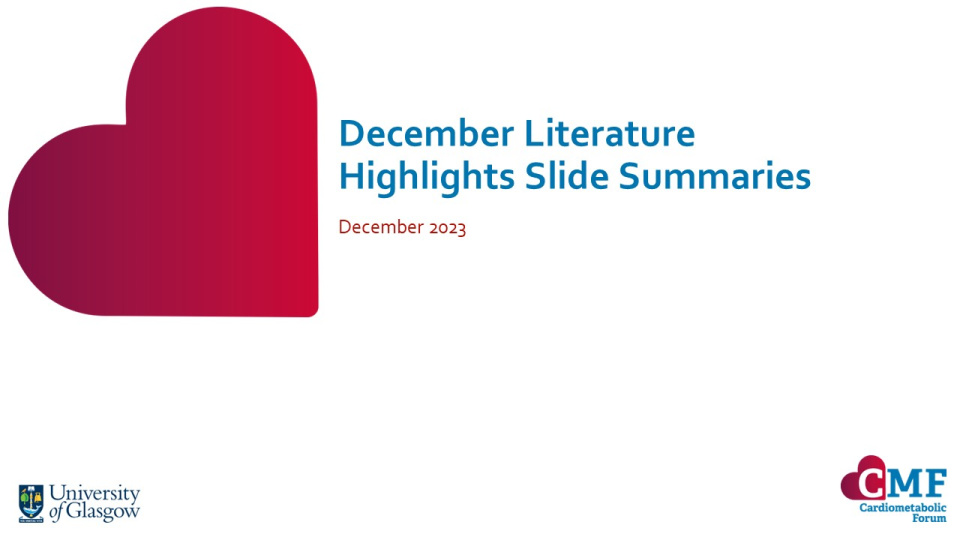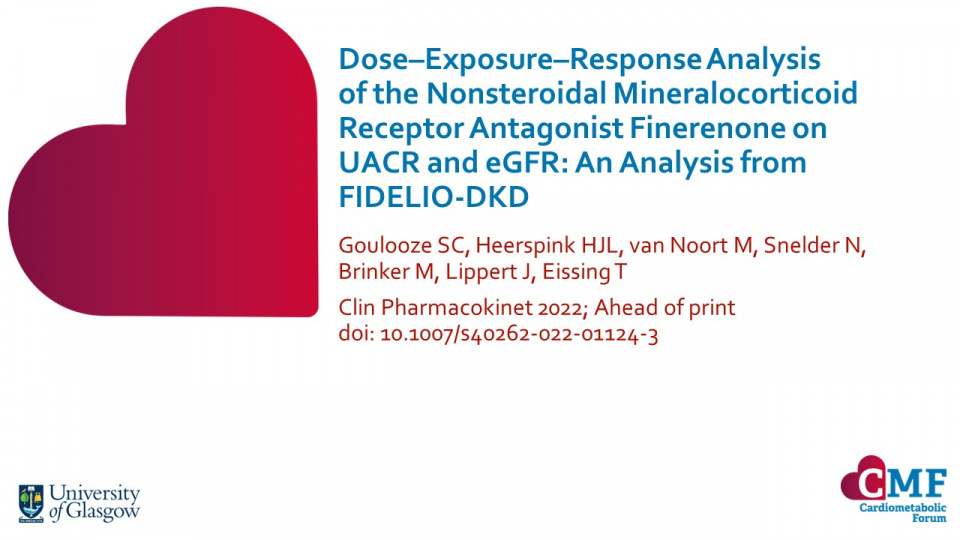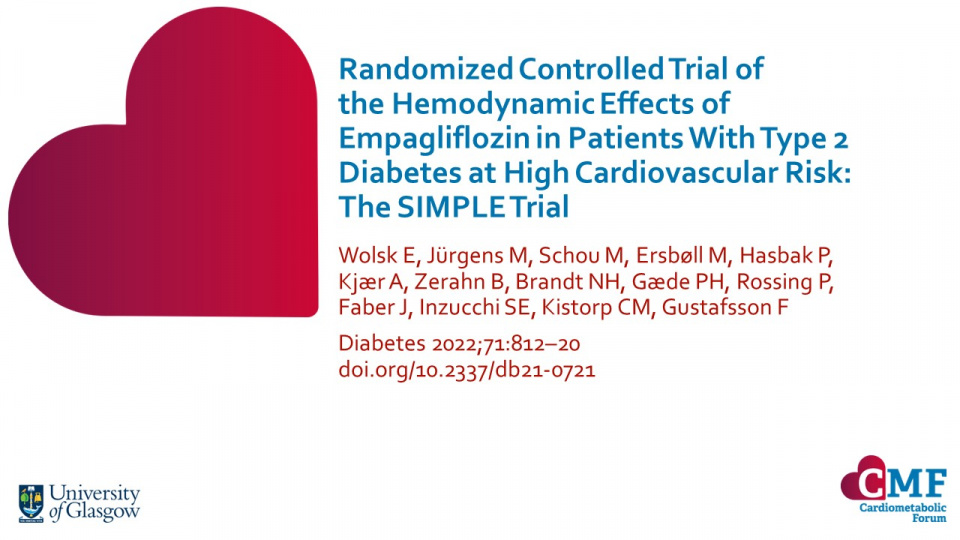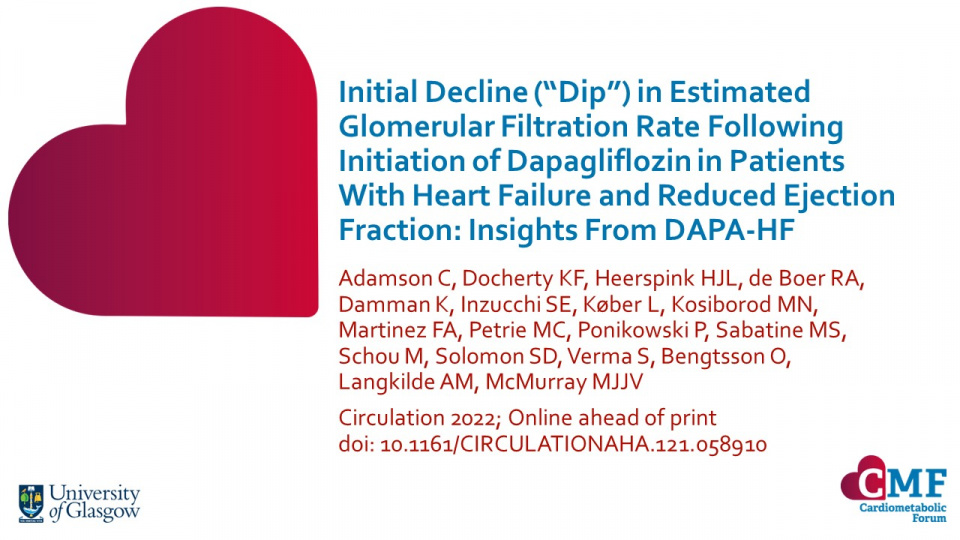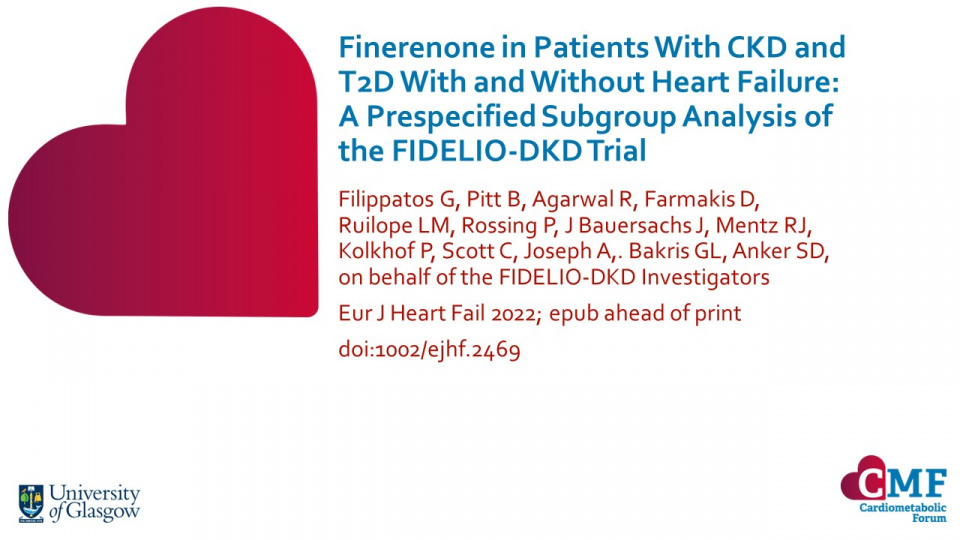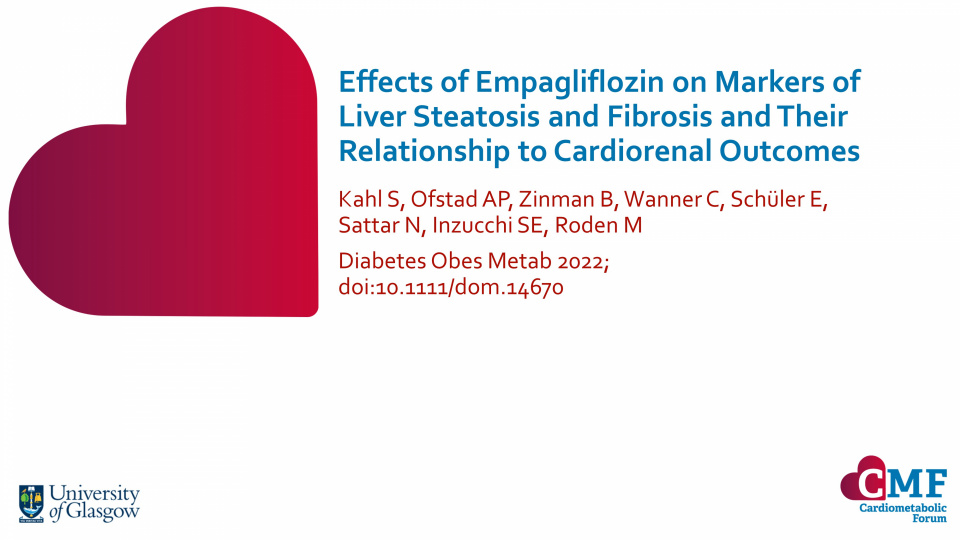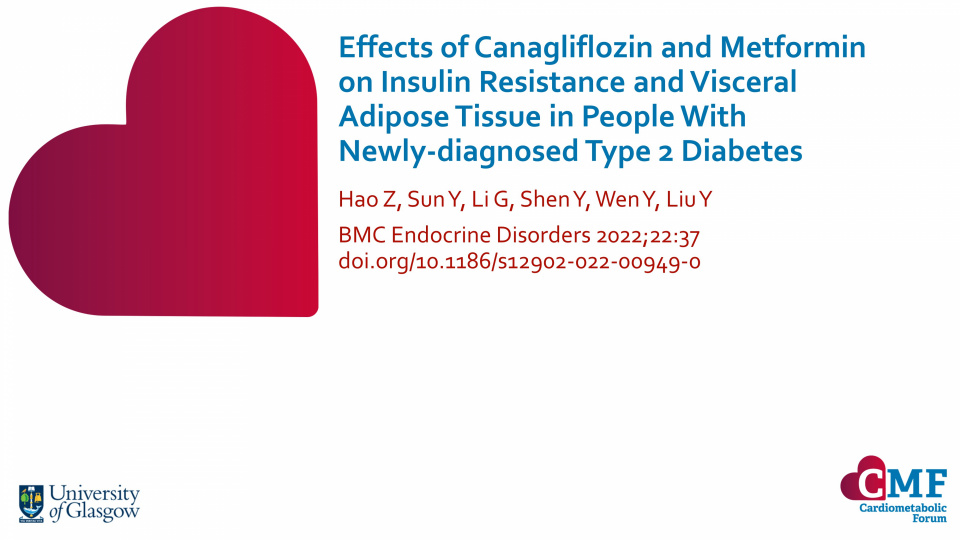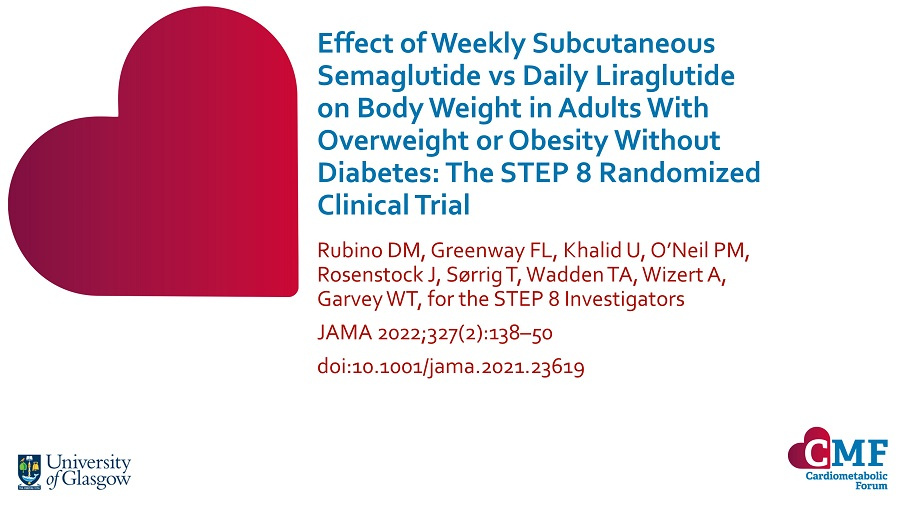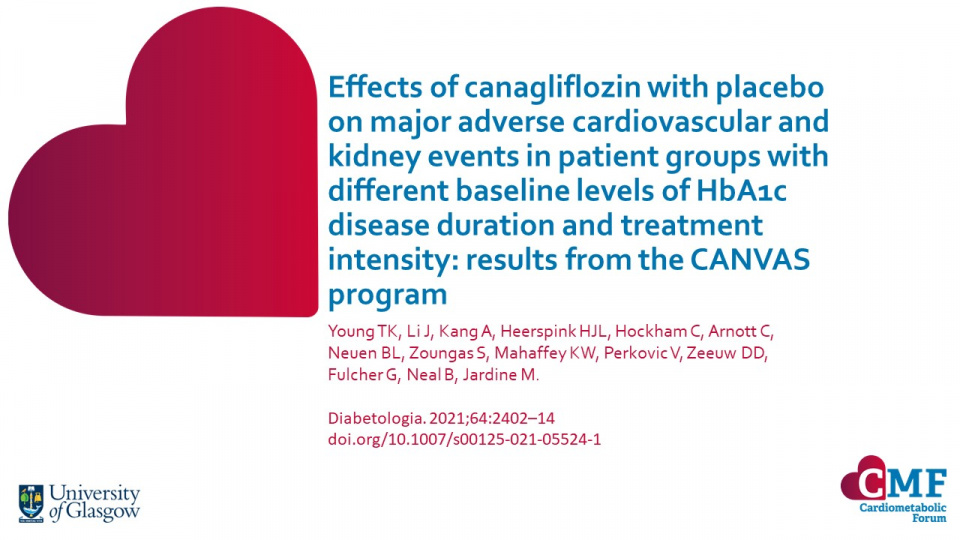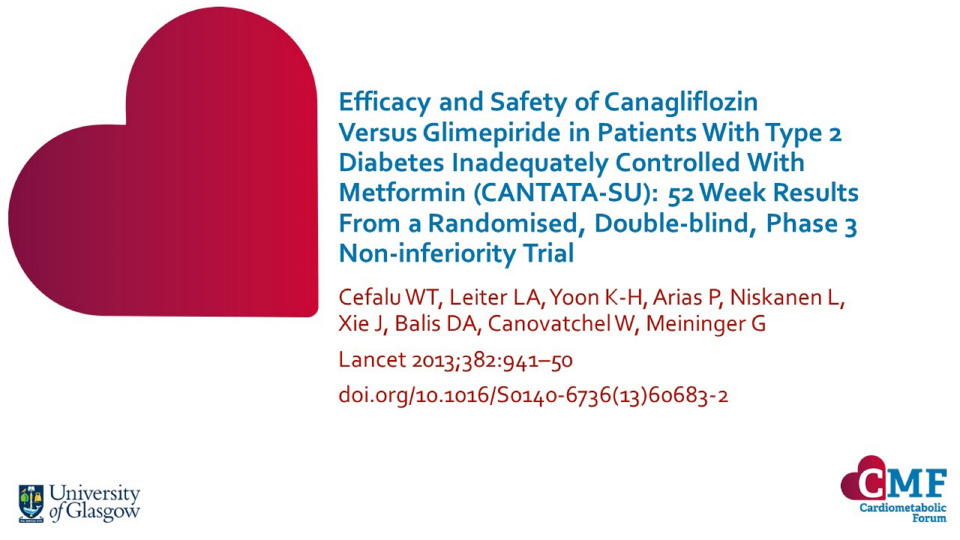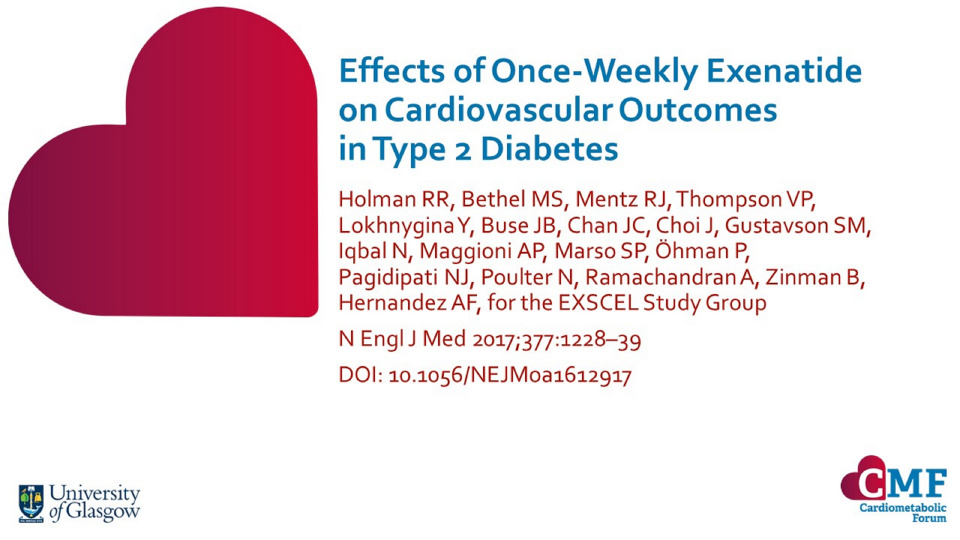Publications
Stay up to date with our literature reviews which are curated by experts to feature the most important publications released each month. Explore our publications for access to concise summary slides for your own use.
Dose–Exposure–Response Analysis of the Nonsteroidal Mineralocorticoid Receptor Antagonist Finerenone on UACR and eGFR: An Analysis from FIDELIO‑DKD
Clin Pharmacokinet 2022; Ahead of print doi: 10.1007/s40262-022-01124-3
The results of this model-based analysis quantified the dose–exposure–response relationship for urine albumin-to-creatinine ratio (UACR) and estimated glomerular filtration rate (eGFR). Overall, the relationship between finerenone exposure and UACR and eGFR effects was not modified by sodium-glucose co-transporter-2 inhibitor (SGLT2i) use and demonstrated independent and additive effects.
Randomized Controlled Trial of the Hemodynamic Effects of Empagliflozin in Patients With Type 2 Diabetes at High Cardiovascular Risk: The SIMPLE Trial
Diabetes 2022;71:812–20 doi.org/10.2337/db21-0721
In this analysis of data from the SIMPLE trial, empagliflozin did not reduce left heart filling pressure more than placebo at submaximal exercise in patients with T2D at high CV risk. However, it was observed that empagliflozin reduced pulmonary capillary wedge pressure (PCWP) at a magnitude of clinical significance in patients at rest. The findings suggest cardiac benefits beyond the diuretic effect of sodium-glucose co-transporter-2 inhibitor (SGLT2i) treatment and could explain a significant part of the CV benefits observed in clinical trials.
Initial Decline (“Dip”) in Estimated Glomerular Filtration Rate Following Initiation of Dapagliflozin in Patients With Heart Failure and Reduced Ejection Fraction: Insights From DAPA-HF
Circulation 2022; Online ahead of print doi: 10.1161/CIRCULATIONAHA.121.058910
The results of this subgroup analysis from DAPA-HF show that – although estimated glomerular filtration rate (eGFR) decline is generally associated with poorer prognosis in most situations – an initial dip with a sodium-glucose co-transporter-2 inhibitor (SGLT2i) may be associated with slower rate of decline in kidney function.
Finerenone in patients with CKD and T2D with and without heart failure: A prespecified subgroup analysis of the FIDELIO-DKD trial
PMID: 35239204 DOI: 10.1002/ejhf.2469
This subgroup analysis of the FIDELIO-DKD trial discovered that finerenone improved cardiorenal outcome in patients with chronic kidney disease and type 2 diabetes.
Effects of Empagliflozin on Markers of Liver Steatosis and Fibrosis and Their Relationship to Cardiorenal Outcomes
Diabetes Obes Metab 2022; doi:10.1111/dom.14670
In this study of adults with T2D and established CV disease, the proportion of patients at high steatosis risk decreased slightly in patients treated with empagliflozin compared with patients treated with placebo. Fibrosis risk was not reduced.
Effects of Canagliflozin and Metformin on Insulin Resistance and Visceral Adipose Tissue in People With Newly-diagnosed Type 2 Diabetes
BMC Endocrine Disorders 2022;22:37 doi.org/10.1186/s12902-022-00949-0
In this study of patients with newly-diagnosed (<6 months) T2D, canagliflozin was associated with reduced insulin resistance and visceral adipose tissue compared with placebo.
Effect of Weekly Subcutaneous Semaglutide vs Daily Liraglutide on Body Weight in Adults With Overweight or Obesity Without Diabetes: The STEP 8 Randomized Clinical Trial
JAMA 2022;327(2):138–50 doi:10.1001/jama.2021.23619
Among adults with overweight or obesity without diabetes, QW SC semaglutide compared with QD SC liraglutide – added to counselling for diet and physical activity – resulted in significantly greater weight loss at 68 weeks.
Effects of canagliflozin with placebo on major adverse cardiovascular and kidney events in patient groups with different baseline levels of HbA1c disease duration and treatment intensity: results from the CANVAS program
Diabetologia. 2021;64:2402–14 doi.org/10.1007/s00125-021-05524-1
This study by Young et al. shows canagliflozin to have beneficial CV and kidney outcomes in patients with T2DM across a range of diabetes complexities with an underlying risk of CV disease.
Efficacy and Safety of Canagliflozin Versus Glimepiride in Patients With Type 2 Diabetes Inadequately Controlled With Metformin (CANTATA-SU): 52 Week Results From a Randomised, Double-blind, Phase 3 Non-inferiority Trial
Lancet 2013;382:941–50 doi.org/10.1016/S0140-6736(13)60683-2
In the CANTATA-52 trial, canagliflozin was non-inferior to glimepiride for the primary endpoint of glucose-lowering at 52 weeks – and the highest dose achieved superiority.
Effects of Once-Weekly Exenatide on Cardiovascular Outcomes in Type 2 Diabetes
N Engl J Med 2017;377:1228–39 DOI: 10.1056/NEJMoa1612917
The EXSCEL study showed that among patients with type 2 diabetes (T2D) with or without previous cardiovascular (CV) disease, the incidence of major adverse cardiovascular events (MACE) did not differ significantly between patients who received exenatide and those who received placebo.

